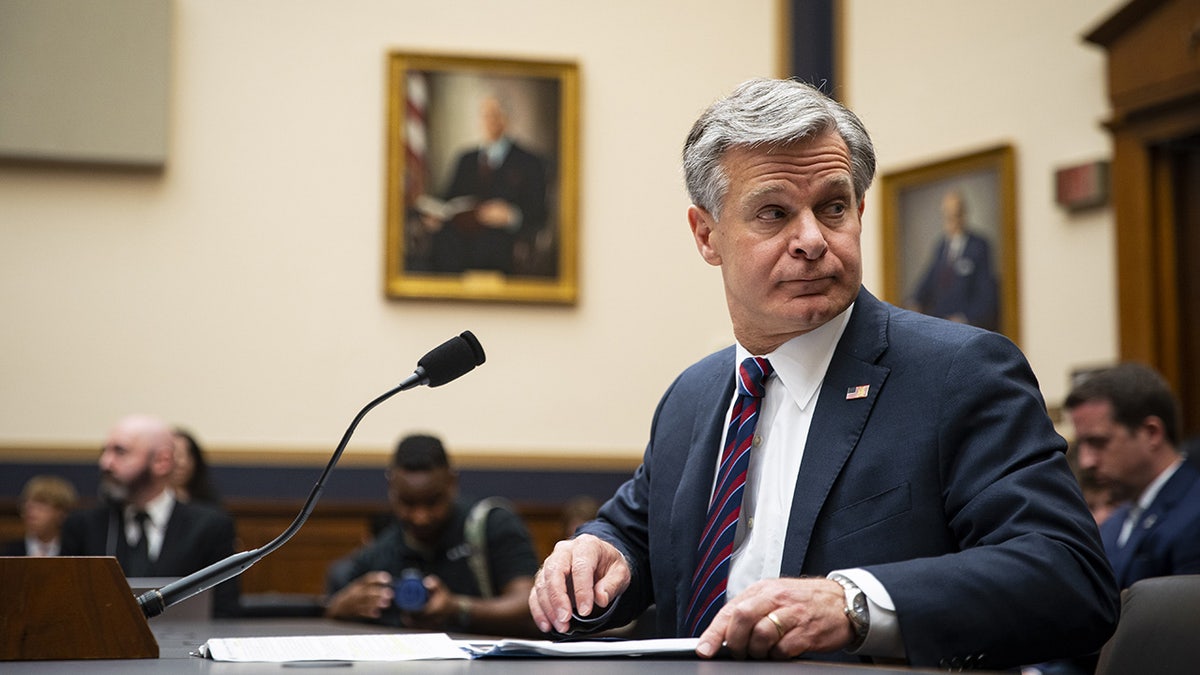Amidst a global decline in religious sisters, the Dominican Sisters of Mary of the Eucharist stand out, actively working to increase their membership. Their dedication coincides with the Feast of Corpus Christi, celebrated on June 11th. This significant day in the Catholic Church, and some Protestant denominations, honors the Eucharist, emphasizing the belief in the true presence of Jesus Christ.
The celebration originates from a New Testament account of Jesus addressing a crowd in Capernaum. John 6:51-52 recounts Jesus stating, "'I am the living bread that came down from heaven; whoever eats this bread will live forever; and the bread that I will give is my flesh for the life of the world.' The Jews then disputed among themselves, asking, ‘How can this man give us [his] flesh to eat?’" This passage, part of "The Bread of Life Discourse" in the Gospel of John, has been a source of contemplation and debate since its origin.
While preaching in Capernaum, Jesus declared, "Whoever eats my flesh and drinks my blood has eternal life, and I will raise him on the last day." This teaching, as Fr. Jordan Zajac, a Catholic priest and assistant professor of English at Providence College, explains, has been a source of both wonder and confusion. He highlights the unconventional nature of God's ways, stating, "One of the things I love most about God is how… unique He is." He emphasizes that while humans are created in God's image, their understanding and choices often differ from the divine.
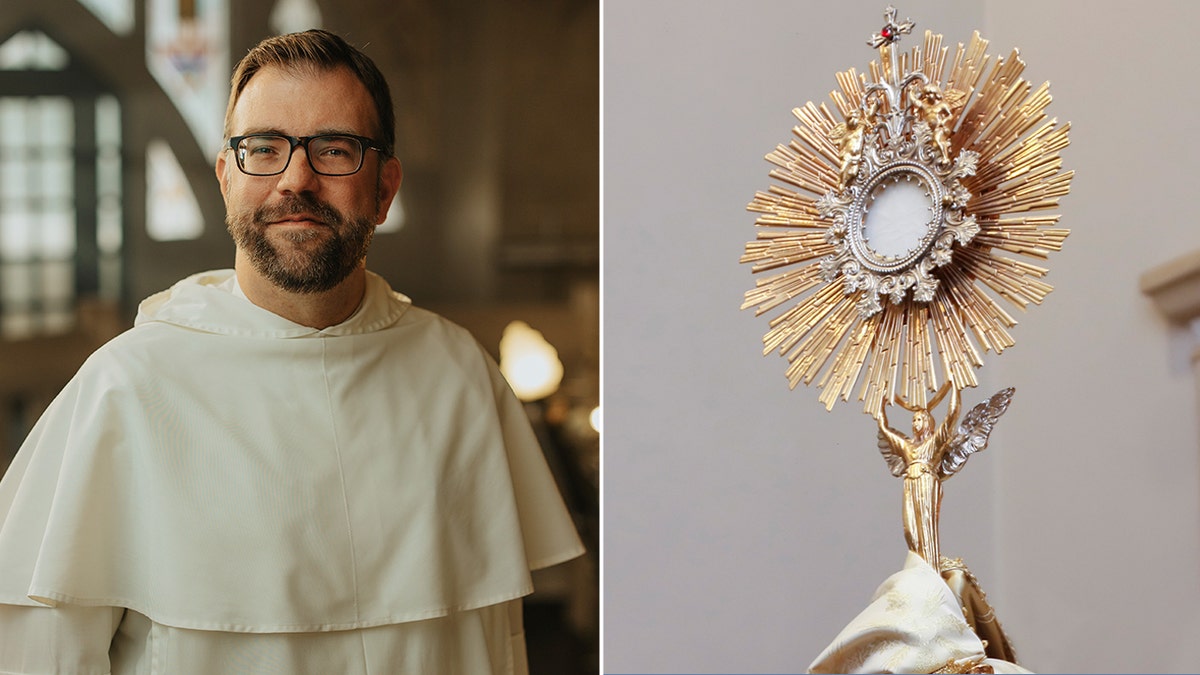
Fr. Zajac notes that the Bread of Life Discourse exemplifies this disconnect between human understanding and divine revelation. The crowd’s initial reaction to Jesus’s words was bewilderment, interpreting them as cannibalistic. Instead of offering a conventional explanation, Jesus reinforced his message, emphasizing the vital necessity of partaking in his flesh and blood. This, Zajac explains, foreshadowed the Last Supper, where Jesus instituted the sacrament of the Eucharist.
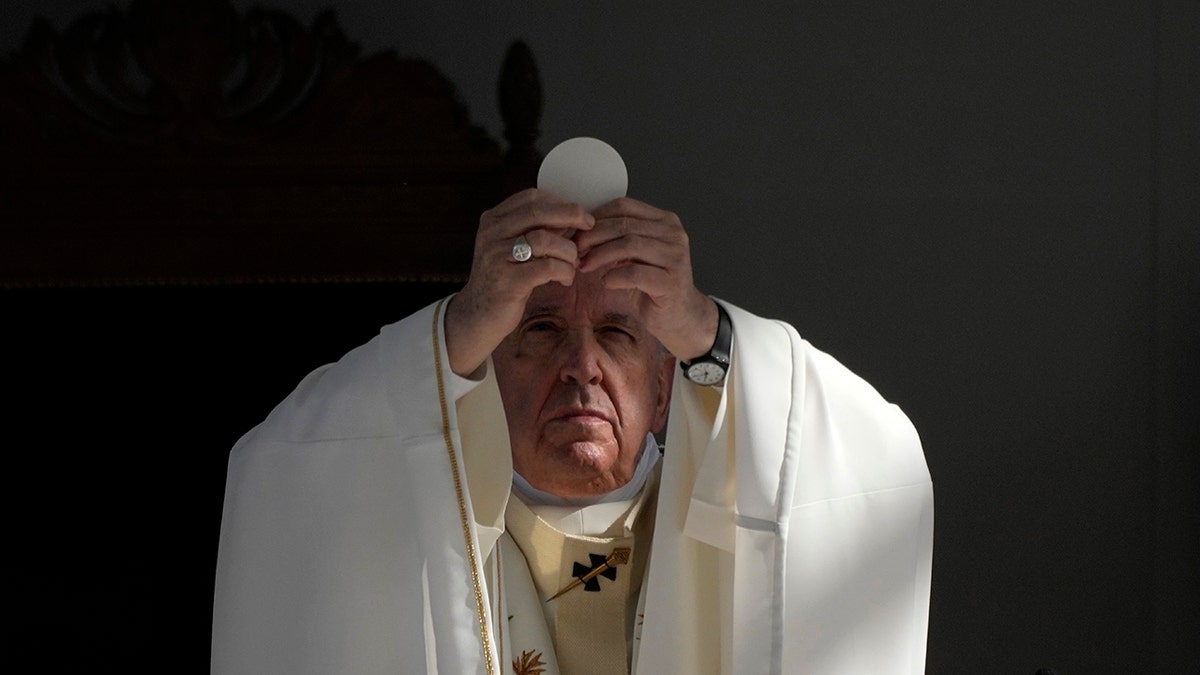
In traditions that embrace transubstantiation, the Eucharist is believed to transform into the actual body and blood of Christ. Catholic priests, according to Fr. Zajac, are ordained to facilitate this miraculous transformation, making the Eucharistic sacrifice present for believers. Though the appearance of bread and wine remains, their substance is divinely altered. He affirms, "God performs a miracle in my hands every day."
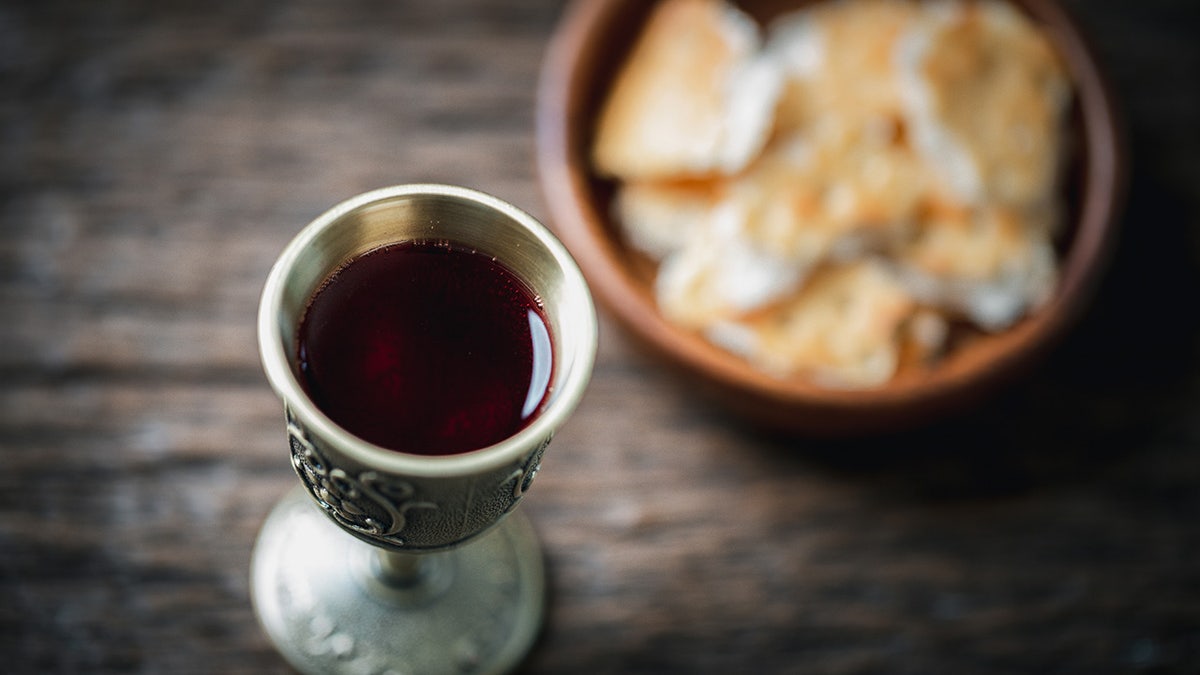
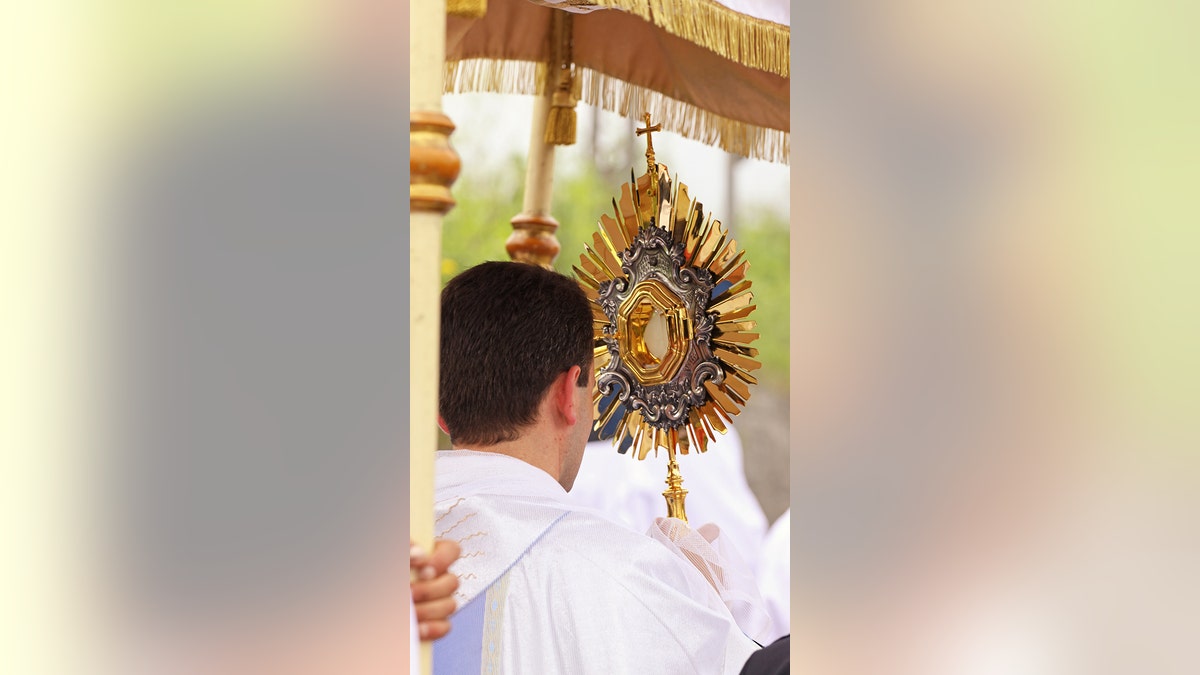
Because the Eucharist retains the appearance of bread and wine, its true significance can be easily missed. The Feast of Corpus Christi serves as a powerful reminder of the sacred reality present within these simple elements. It reinforces faith and devotion to the body and blood of Christ, concealed beneath the ordinary. As Fr. Zajac eloquently concludes, the Eucharist is "a miracle of love, hidden in plain sight."






